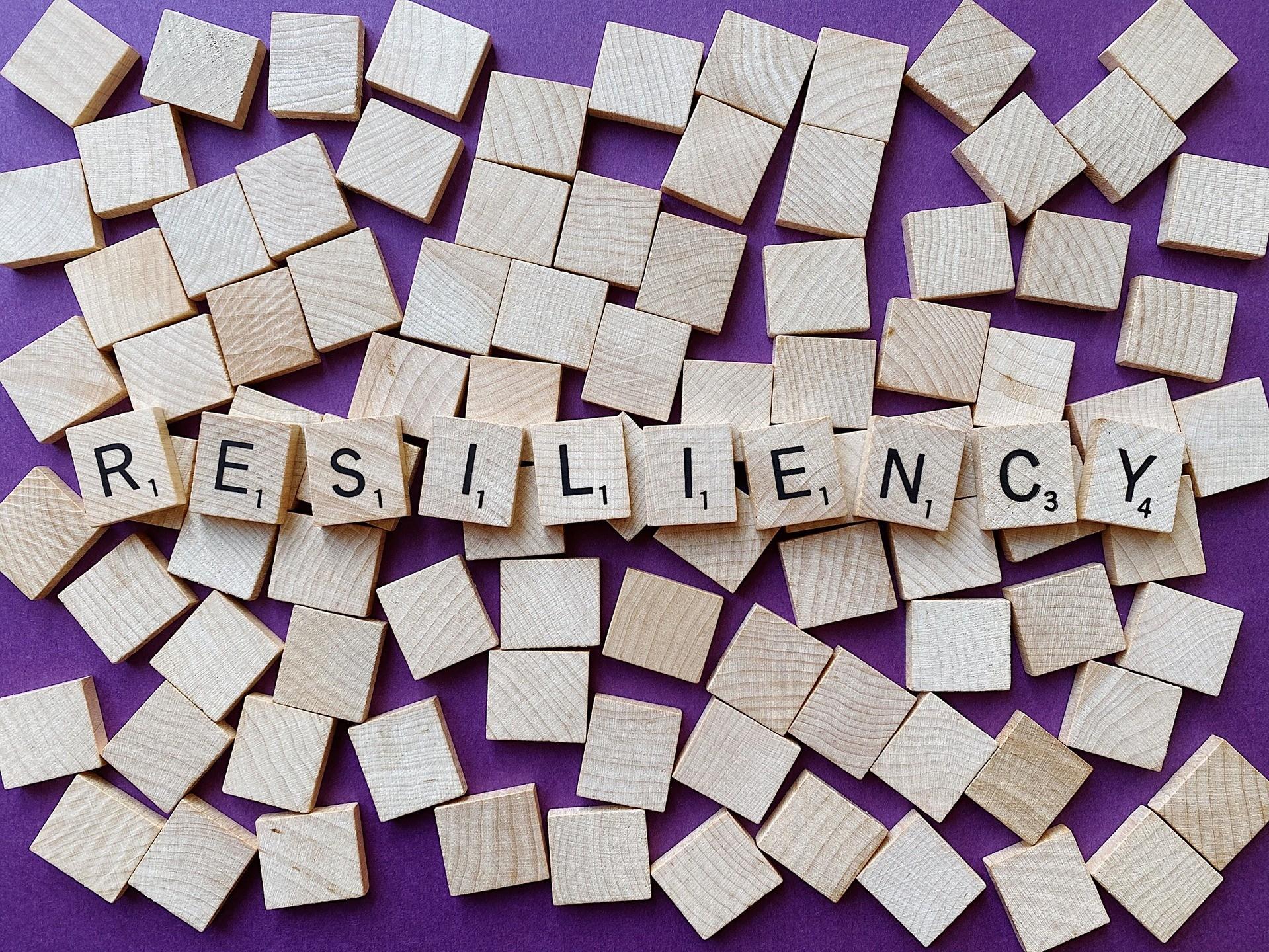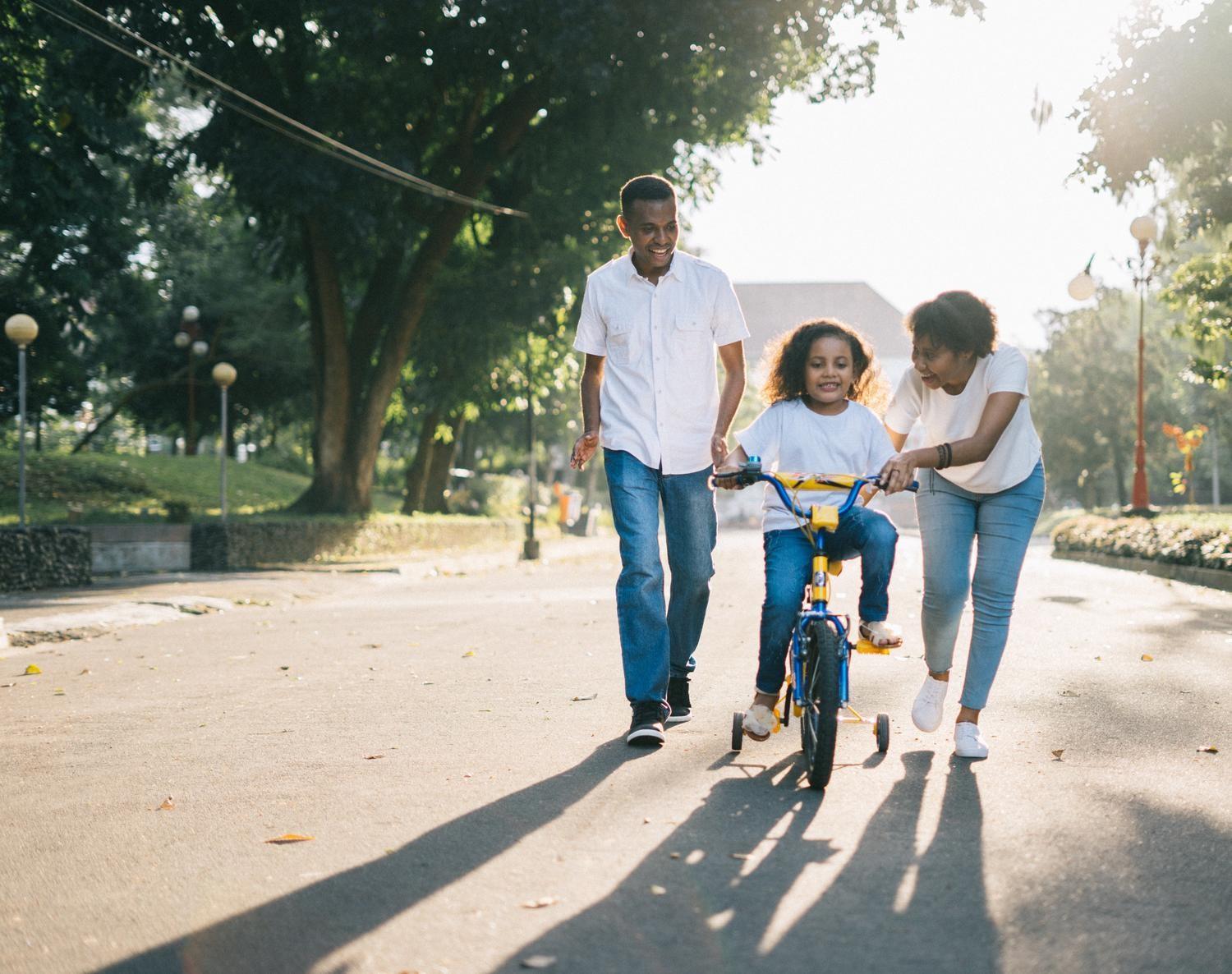Resilience Can and Should Be Taught in Schools
After all, everyone needs resilience. No one is immune to obstacles. Disappointments, failures, breakups, illness, friendship drama: These are all part of the life experience.
We Make Resilience Training a Part of a School's Culture
We make it easy for schools to deliver evidence-based resilience training to their entire communities, including parents, without having to train instructors or reorganize schedules. We do this by providing a content library, email sequences, and eCourses that unite the entire school community around weekly skill-building conversation topics that can be had in the classroom, on the athletic field, and at the dinner table.
Empower the Conversation, Empower the Child
We help schools strengthen and enrich their communities by making resilience training a part of the daily conversation. We do this by supplying resilience-building conversation prompts that are sent via email and provide everything teachers and parents need to start meaningful conversations about specific resilience skills in two minutes or less.
Each week, a “Skill-of-the-Week Conversation Starter” lands in everyone’s inbox uniting the entire school community—students, teachers, staff and families—around a resilience skill that anyone from elementary school to college can understand and talk about.
We believe conversations are our most important tool for teaching, bonding, and modeling emotional intelligence and empowered behavior for our kids.
Our Conversation Starters pull from an evidence-based curriculum and give schools and parents the tools they need to have conversations that not only build resilience in individuals but also strengthen family units and the school community as a whole.
Build Resilience One Two-Minute Conversation at a Time
This evidence-based, bite-sized, resilience-building program requires no training or pre-work, nor does it require hours of extra time to be fit into an already busy week. Just pull up the email, read it aloud, ask a Conversation Starter, and then listen to what your students say.
Even if you only have couple of minutes, these conversations will have a meaningful impact.
Show Me an ExampleHost a Webinar with Kristin MacDermott
Create a school culture that embraces resilience by hosting a webinar where Kristin MacDermott can provide your families with actionable strategies they can start using today to raise more resilient children and to build households that foster resilience.
Learn More
Provide Your Families with eCourses for Teaching Resilience to Their Children
Demonstrate your school's commitment to being a true partner with parents in raising self-aware, empowered, resilient children. Our eCourses for parents build resilience in children, parents, and households. Participating families receive weekly skills and activities that help them have conversations that build emotional intelligence, self-esteem and self-efficacy.
Show Me an Example
Browse Our Content Library
Our content library is categorized by subject so that teachers can choose specific components of resilience, such as navigating friendship, building emotional intelligence, nurturing self-esteem, cultivating self-efficacy, developing a personal mission statement, adopting a failure recovery mindset, and many more.
Learn More
Contact Us for More Information
Plus, we will send you a free copy of Conversation Starters Kit in the Classroom.
About Kristin MacDermott
Kristin MacDermott is a licensed marriage and family therapist, the author of It Takes Two Minutes to Shift Your Mindset and Build Resilience, and the creator of the MacDermott Method.
Over the past two decades, she has developed resilience-training programs for some of the highest performing people on the planet, including Navy SEALS, the Los Angeles Police Department, and healthcare providers at 20 hospitals across the country. She has created programs for families dealing with cancer and diabetes, divorcing families, parents, athletes, students and for mentors and at-risk youth in inner city Los Angeles.
Her resilience-training programs have been validated in four studies (including two randomized-controlled trials) with researchers from the Duke Clinical Research Institute, published in peer-review journals, and proven to promote clinically significant improvement in key resilience measures, including distress, anxiety, depression, PTSD, and self-efficacy.
Her passion is helping children.
All of us will face obstacles. There's no preventing it. But when we teach children resilience skills, we open the doors for them to move past these obstacles quickly and access their best-feeling life. We give them the tools to choose good-feeling relationships, to pursue their dreams, and to grow into self-confident, compassionate, solution-focused adults.

Conversation Starter
Read this to your students/children:
Resilient people know that many things in life are out of their control, but managing their emotions is within their control.
So, instead of waiting for things outside their control to change, they identify the emotions they want to feel and take action to make that happen.
When we are in a crisis, we think the situation needs to change in order for us to feel better.
“If only this stupid virus would go away. If only we could start playing sports again. If only I could hang out with my friends like normal.”
It’s easy to believe that if the situation does not change, we are doomed to feeling unhappy. But that is simply not true. There is always a way to feel better, even if we cannot change the situation.
Start by identifying the positive emotions you would feel if the situation changed. For example, identify how you will feel when the shutdown is over and you can start playing sports and hanging out with your friends again.
Then find some way to feel those emotions that is within your control. If you open your mind and get creative, you can always find ways to feel better emotionally.
Ask one of these questions, and share your answers, too:
- "What is the worst thing about this pandemic for you and what negative emotions does it bring up for you?"
- "How you will feel when the shutdown is over and life gets back to "normal" again? Name the specific positive emotions you will feel."
- "How else could you feel those positive emotions? What is something that is in your control that you could do to feel those positive emotions?"
- "Can you describe a time in your past that you made yourself feel better even when you could not change something out of your control?"
- "What is your greatest tool for making yourself feel better? What works most often when you want to shift into a better mood?"
Provide a Resilience Support Program for Families

Audio Lesson
Our resilience skills are delivered weekly via email as audio files. Families can listen to these 10-minute lessons while walking their dog, washing the dishes, or driving to the store.

Activity
Weekly activities are designed to improve resilience, decrease friction in households, and increase positive interactions family members have with each other.

Resources
Our resilience program is packed with additional resources that will help your families feel more confident about their role as parents. These resources have been validated in four studies.
Contact Us for More Information
Plus, we will send you a free copy of our Conversation Starters in the Classroom.
